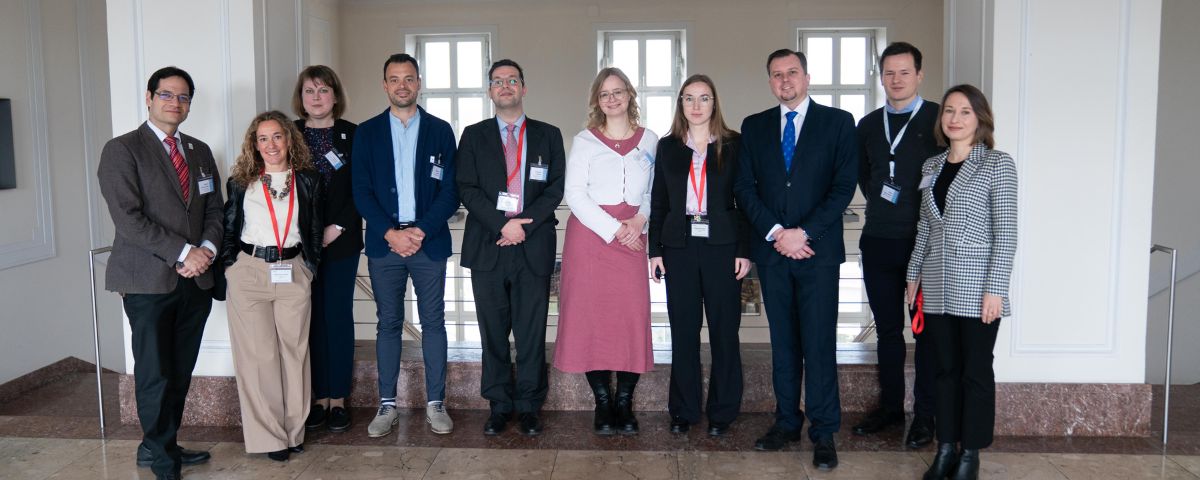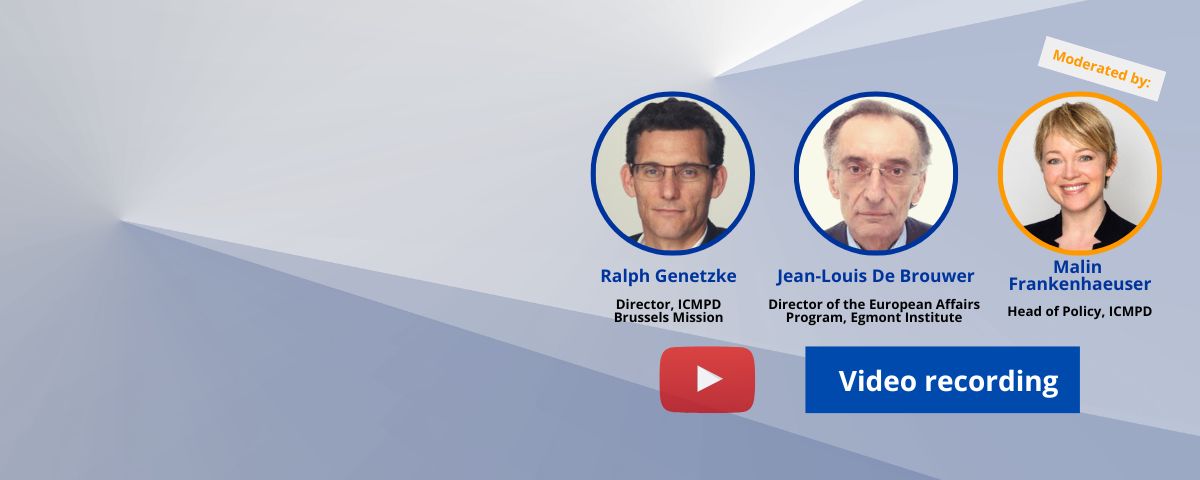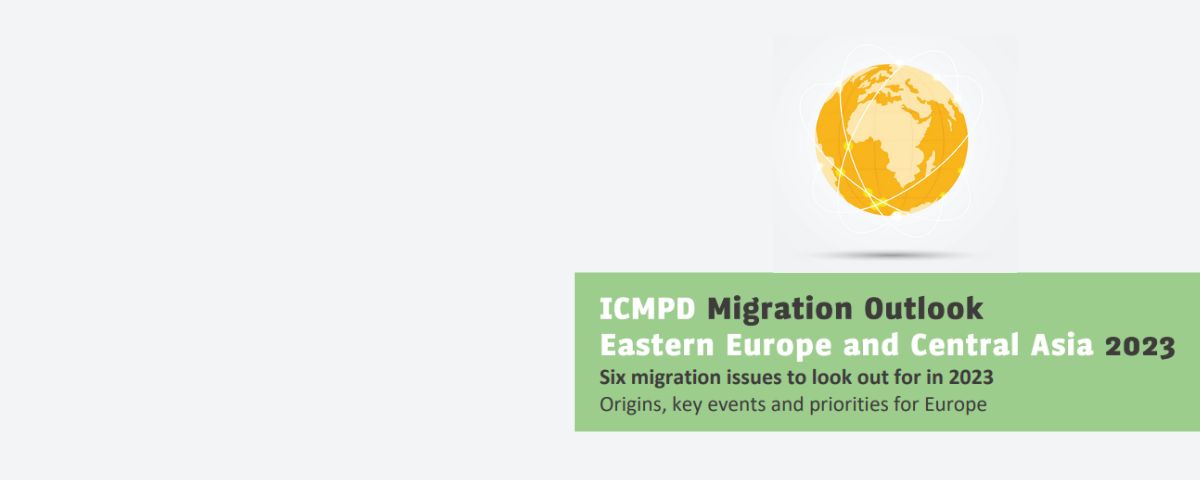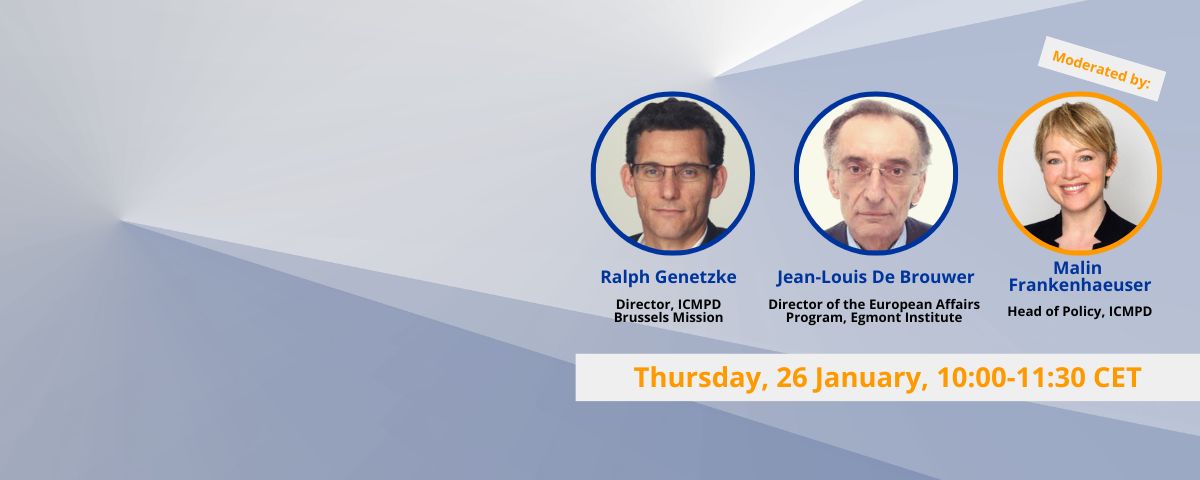One year after the Russian invasion, much uncertainty remains. Remote work can provide a degree of flexibility for some refugees from Ukraine, supporting integration in the short term and reconstruction in the long term. Supporting Ukrainian teleworkers is a smart move.
The Commentary, published on 21 February 2023 on the website www.icmpd.org, and prepared by Caitlin Katsiaficas, Justyna Segeš Frelak and Camilla Castelanelli highlights existing challenges and opportunities for remote work in several EU countries hosting Ukrainians as well as benefits it could bring.
More than 8 million people have fled Ukraine in the year since Russia’s invasion brought a new chapter of interstate war to Europe. In a span of just several months, displacement from Ukraine became one of the largest displacement crises in the world. Persons fleeing Ukraine are entitled to obtain temporary protection (which includes the right to work) in the European Union country of their choice, while other countries in Europe and farther afield have made new or existing pathways available to quickly admit them to their territory. Although exact figures are unavailable, a considerable number of displaced Ukrainians are working remotely thanks in part to an increasingly digital world of work, as well as digital literacy, equipment, and internet access. Some continue to work for Ukrainian companies, while others are working for local employers in their countries of temporary protection or even in a third country. Meanwhile, approximately 18% of internally displaced Ukrainians are working remotely. Evidently the ability to telework provides expanded opportunities in challenging circumstances.










